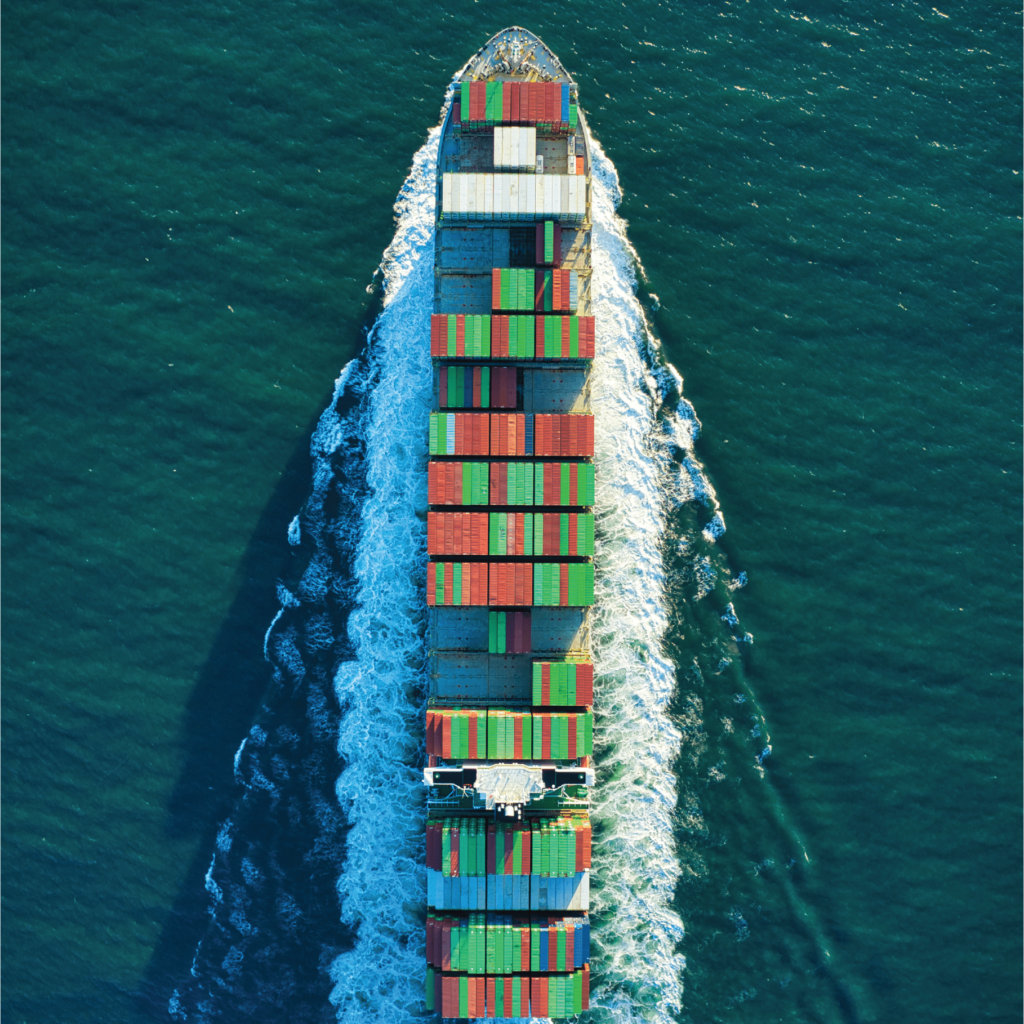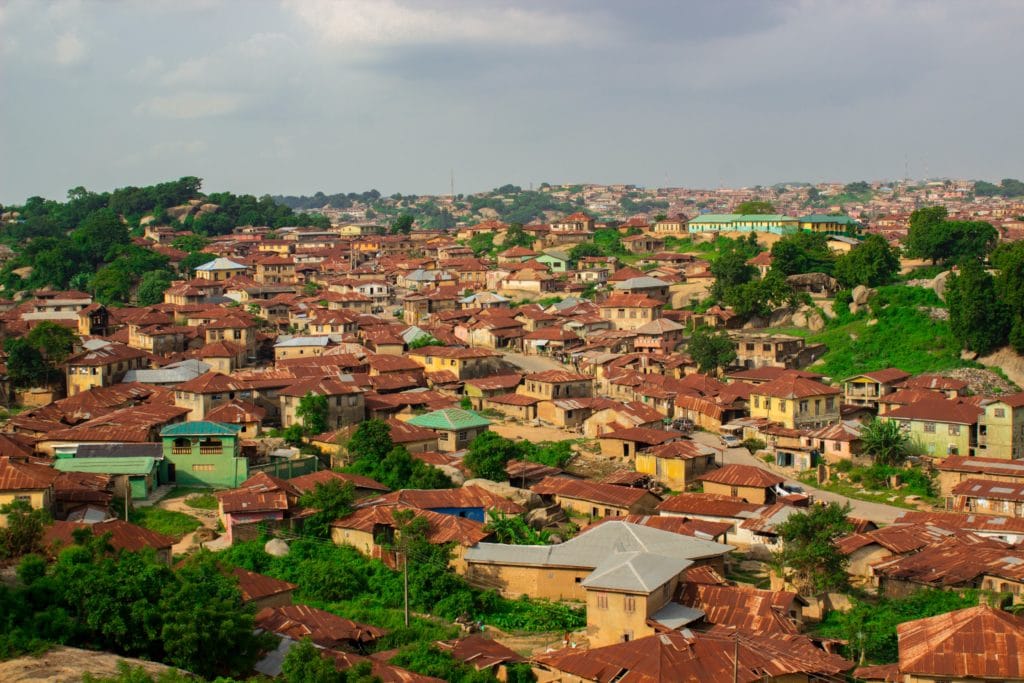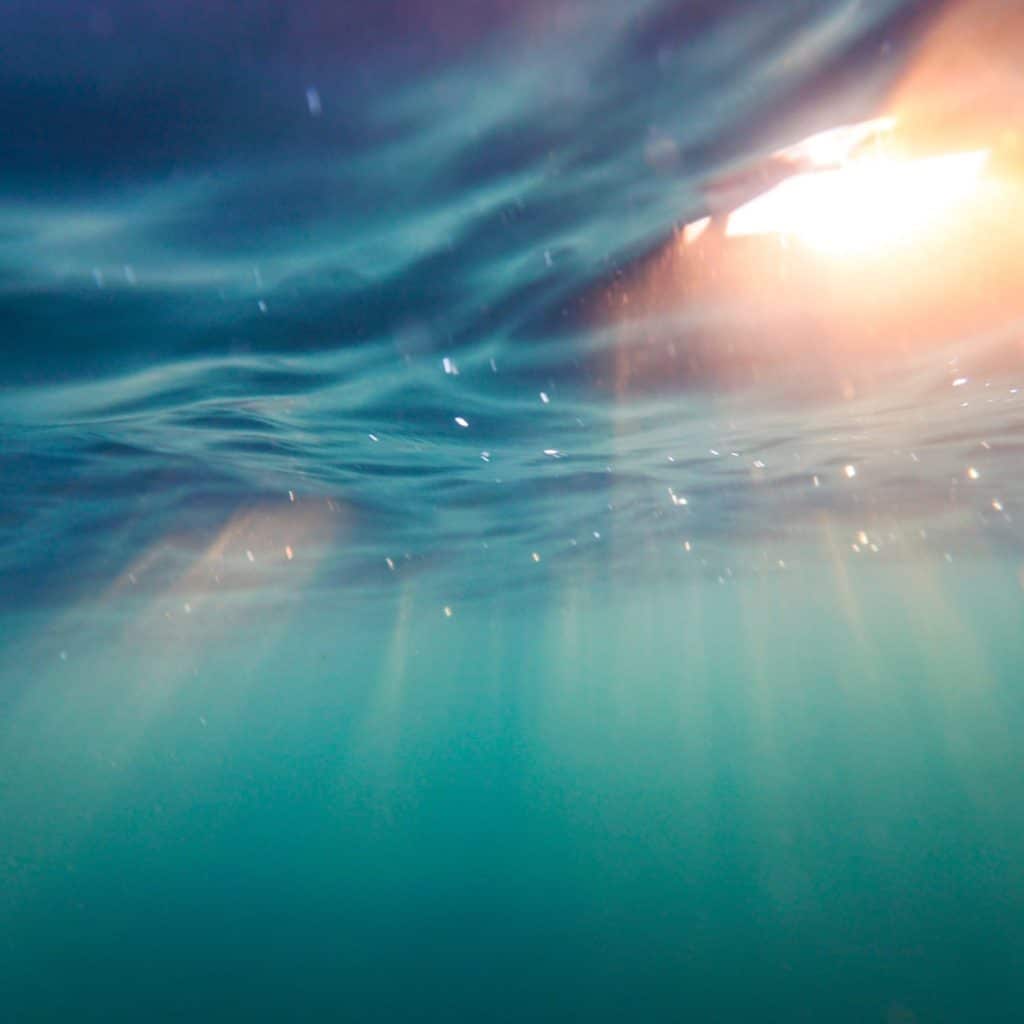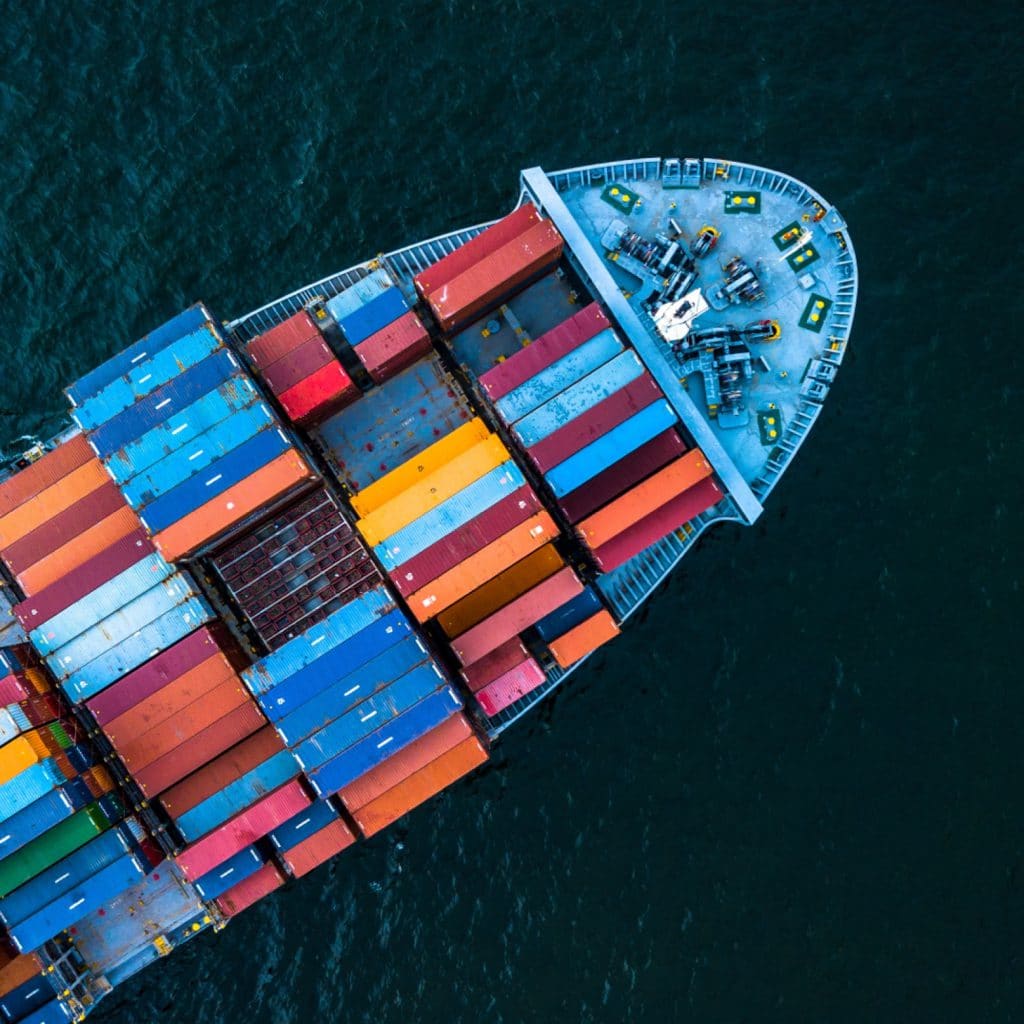
Bunkering done responsibly.
Golden Arrow provides a variety of physical bunkering options and services to meet your sustainability goals.
Get in touchWe are Golden Arrow
Established in 1984, we are an experienced and trusted physical bunker supplier that helps you hit your environmental targets. We are pursuing a more sustainable shipping industry – though we know the transition won’t happen overnight. So, together with our clients, we are taking it one step at a time. We offer a comprehensive portfolio of both fossil and sustainable marine fuel blends at competitive prices and provide you with the tools you need to compensate for your carbon footprint and reduce your emissions.
We are the only physical bunker supplier with our own floating and shore tank storage locations making our services efficient and reliable through our Amsterdam offices, we cover all ports in the Netherlands and Belgium using our fleet of double-hull barges. We also offer physical supplies globally upon request.
Experienced
With over 30 years of experience in the shipping industry, we understand the complexities surrounding bunkering. Golden Arrow is here to provide tailor-made solutions to fit your needs.
Effective
We consistently improve our operations to ensure smooth, rapid, and reliable service.
Responsible
We strive to create a more sustainable shipping industry by compensating emissions and decarbonizing the maritime sector.
Bunkering Responsibly
We believe in responsible bunkering. We actively compensate for our remaining carbon emissions and can help you reduce your carbon footprint as well – for voluntary or compliance purposes.
As we’re committed to creating a more sustainable shipping industry, we partnered with the global accounting and consultancy firm KPMG to assess and calculate our own carbon footprint.
We reduced our carbon footprint* by purchasing high-quality carbon credits generated from high-impact carbon projects. These projects take climate action and support meaningful, sustainable development around the world.
Investing in Sustainability
and Sustainable Development
The Efficient Toyola Cookstove Project in Nigeria
Most families in Nigeria cook on inefficient charcoal-fired cookstoves. Not only are these stoves high emitters, but they also pose a health risk for users, contributing to diseases like pneumonia, emphysema, lung cancer, and bronchitis. This project replaced these traditional cookstoves with high-efficient substitutes. As a result, emissions are avoided, health risks are irradicated, and less time and money is spent gathering or purchasing fuel. The project also promotes gender equality, as women and girls who usually do cooking-related activities have more time to pursue education or careers. Further boosting the economy, this project’s activity also creates manufacturing jobs. Lastly, these stoves were designed with local communities, so the technology doesn’t compromise local cooking culture or traditions.

Conserving the Peruvian Rainforest with the Madre De Dios Amazon REDD+ Project
This project reduces emissions by curbing deforestation and forest degradation in the Peruvian Amazon. The area of rainforest this project works to preserve is incredibly rich in biodiversity and located close to the historic sanctuary of Machu Picchu, the “Lost City of the Incas.” This project is designed to combat the adverse environmental effects resulting from the introduction of the new trans-Amazonian, inter-oceanic road coming to the region. The negative effects of which have already been felt in areas where the road has been completed. This project protects 100.000 hectares of rainforest that is home to many species of flora and fauna – some of which are endangered. The conservation of this critical region also protects the livelihoods of the local Indigenous communities who rely on the forest for their survival. This project reduces emissions, safeguards wildlife and plant life, and contributes to global sustainable development goals.

Contact us
Let us meet your fuel and climate action needs.
Meet your fuel and sustainability goals in one simple transaction.
KPMG Methodology & Certification
To assess our carbon footprint, we contracted KMPG to create a robust custom framework to calculate our emissions across our operations and value chain. KPMG calculated our emissions in accordance with the various Greenhouse Gas (GHG) Protocols, the GHG Protocol Scope 2 Guidance, and the GHG Protocol Corporate Value Chain (Scope 3) Standard.
Taking an operational control approach to determine our organizational boundaries, KPMG helped us to inventory the emissions from all our activities. This included Scope 1 emissions from our fuel consumption, Scope 2 emissions from purchased electricity and heating, and Scope 3 emissions related to purchased goods and services, upstream and downstream transportation, waste generated, business travel, employee commuting, and fuel and energy-related activities.
Disclaimer
The input data for the modelled GHG emissions have not been audited by KPMG. KPMG has not independently verified any of the information used for modelling GHG emissions. KPMG does not make any guarantees – expressed or implied – as to the accuracy, reasonableness, or completeness of the information used for the modelling.

How Does Compensating your Carbon Emissions Work?
Organizations can compensate their residual emissions through the use of carbon credits. Carbon credits are generated by climate projects around the world, and each one represents 1 ton C02 equivalent reduced, avoided, or removed. Not only do these projects address emissions, most also support sustainable development goals like ending hunger and conserving nature.
Through carbon credits, you can compensate your residual emissions by avoiding an equivalent amount of c02 being emitted. By using carbon removal credits, you can compensate for your residual emissions by removing an equal amount of C02 from the atmosphere. A project that replaces charcoal-fired cookstoves with energy-efficient stoves avoids emissions, and a reforestation project removes emissions as trees sequester carbon.
Carbon credits help a company address its residual emissions in Scopes 1 and 3. That is, direct emissions from sources that are owned or controlled by the company and all other indirect emissions that are a consequence of the activities of the company but occur from sources not owned or controlled by the company.
By pairing our fuels with verified, high-quality carbon credits, we can offer our customers a better, more sustainable alternative to traditional bunkering solutions.
Sustainable Transportation
Whether you are a Ship Owner, Operator, or Charterer, build wind farms at sea or lay electric cables, ship consumer goods, food, dry bulk, or energy products: every sector has its own sustainability goals. You can help your customers accomplish their sustainability goals by offering carbon compensated transport by compensating C02 emissions.
More often than not, carbon compensated transport is required by large projects, Charterers, and end-users. Contact us for tailor-made offsetting possibilities.

Renewable Bunkers for Biofuel
We have been ISCC certified since 2018 and are equipped to offer renewable bunkers that lower emissions and replace fossil fuels. We offer various grades and blends of bio bunkers under the requirements set out in the European Union’s Renewable Energy Directive 2018/2001 (RED II).
Through our dedicated fuel and gasoil barges, we’re able to offer tailor-made solutions for all Shipowners, Charterers, and Operators for vessels calling Dutch and Belgian ports. Through our network of tank terminals, we can supply physical bio blends in various percentages and offer trial solutions of a few hundred tons to physical stems of a few thousand tons.
Contact us to find out what we can tailor-make for your vessel.
Bunker Fuels
(Mineral Oil)
Low Carbon Bunker Fuels
(Physical Blend)
Low Carbon Bunker Fuels
(Carbon Offset)
VLSFO,
offset carbon
DMA,
offset carbon
MGO,
offset carbon
Diesel,
offset carbon
Want more information about fuel specification, pricing, and logistical solutions?
We bring our fuels to you
The Netherlands
Rotterdam – Amsterdam – Zaandam – Velsen –
Beverwijk – IJmuiden – Scheveningen – Harlingen –
Den Helder – Eemshaven – Delfzijl – Hoogezand
Belgium
Antwerp
Germany
Emden – Warnemünde – Rostock – Cuxhaven – Bremerhaven – Wilhelmshaven